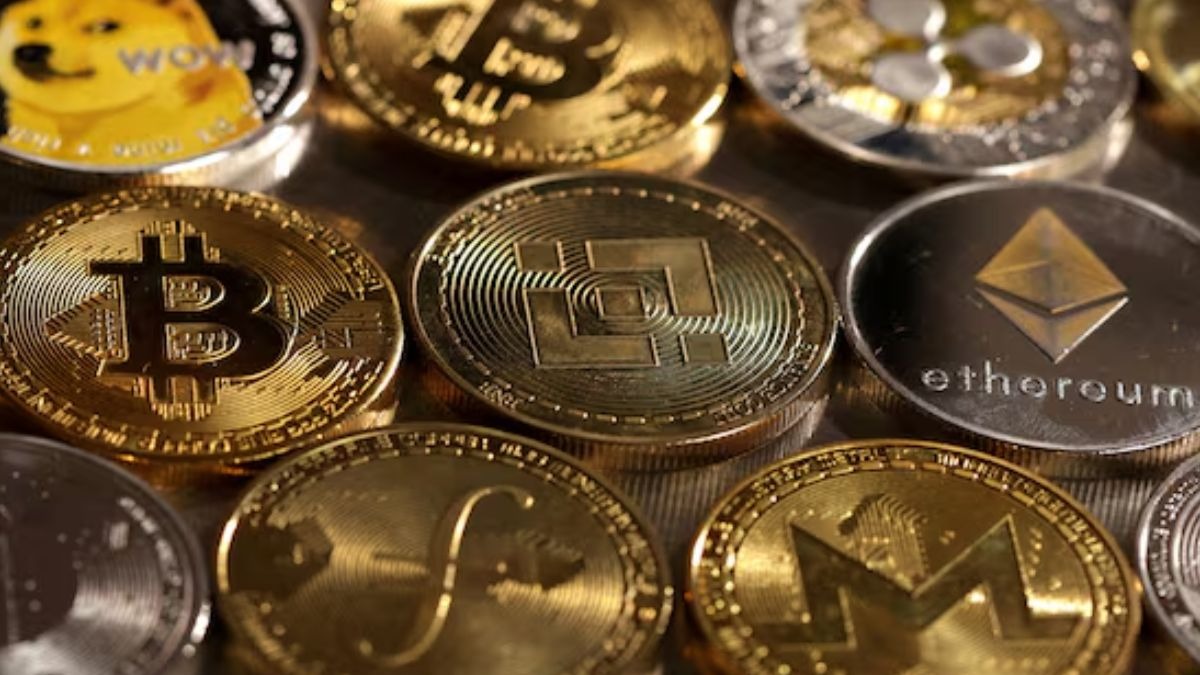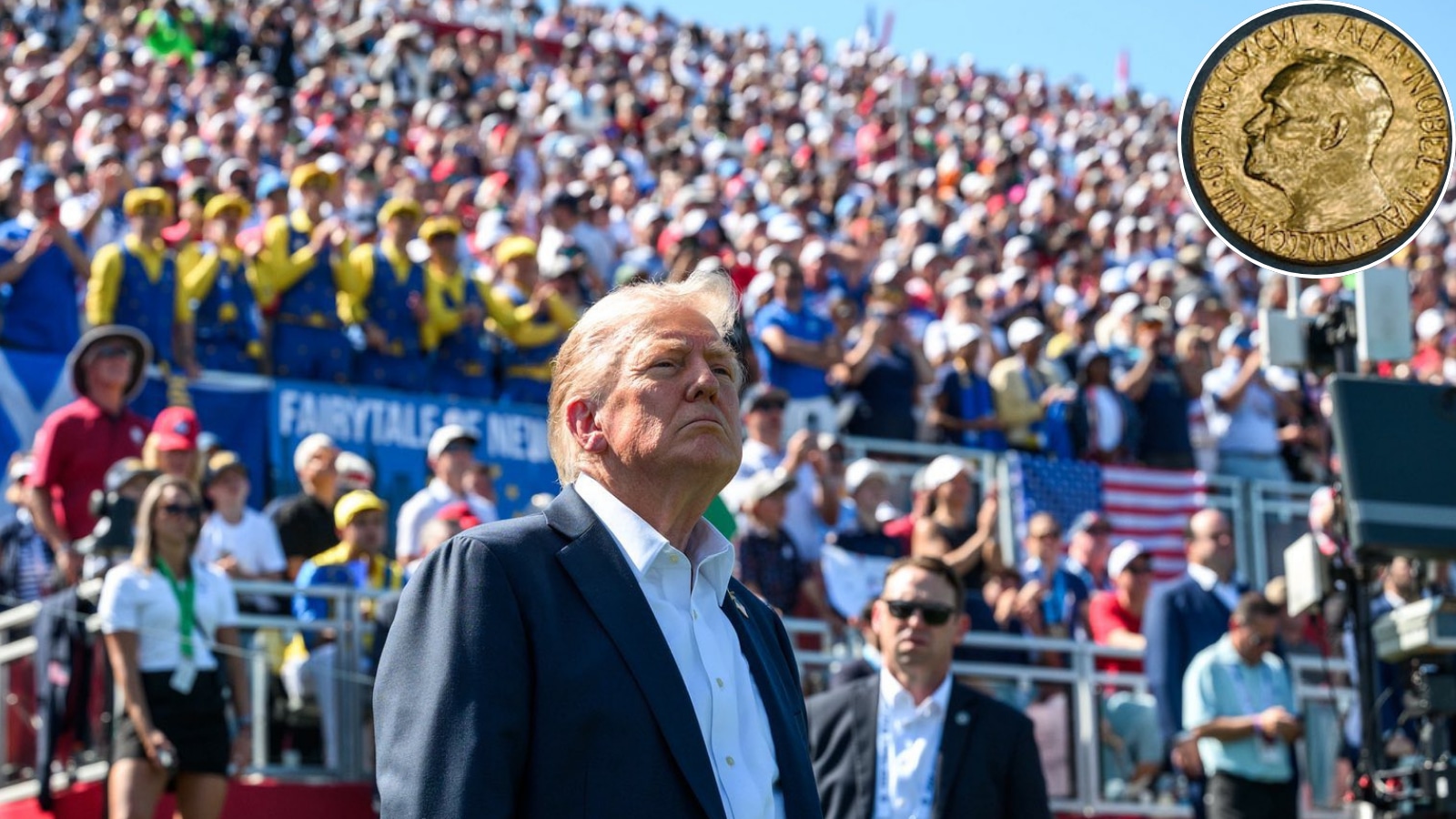China's Bold Retaliation: Can the U.S. Handle the Rare Earth Tariff War?

Imagine a world where rare earth elements, the backbone of modern technology, become a weapon in an escalating trade war. That's exactly what’s happening as China issues a stark warning to the United States following President Trump's shocking announcement of new tariffs on Chinese goods. In a dramatic twist, the stakes have never been higher, and the air is thick with tension.
As the U.S.-China trade war intensified, Beijing reacted fiercely to Trump's decision to slap a jaw-dropping 100% tariff on a wide range of Chinese imports, claiming these moves exemplify 'double standards.' The Chinese Ministry of Commerce stated, “We do not want to fight, but we are not afraid to fight,” underscoring their resolve in this high-stakes economic showdown. China's message is clear: they feel cornered and are ready to push back.
This retaliation comes after months of escalating tensions, with Trump accusing China of aggressive maneuvers regarding rare earth minerals, vital for industries ranging from defense to electric vehicles. As of November 1, this tariff will push the combined U.S. tariff rate on Chinese imports to around 130%. Trump, asserting that this is in response to China's 'hostile' new export restrictions, claims, “There is no way that China should be allowed to hold the world captive.”
But the plot thickens. On October 9, China announced sweeping new controls on the export of rare earth elements, framing these restrictions as a national security measure. Under the new rules, both Chinese and foreign companies must secure government approval to export products containing rare earth content exceeding 0.1%. This is a game-changer, as China dominates the market, producing roughly 90% of the world’s supply.
Adding fuel to the fire, China has also introduced extra port fees on U.S. ships and begun an antitrust investigation into Qualcomm, illustrating a broader retaliation against the ongoing tech and trade pressures from Washington. However, China's Ministry of Commerce is adamant that these measures are not directly linked to U.S. tariffs but are necessary for national security, especially given the backdrop of frequent global conflicts.
The tension in the air is palpable, and with the possibility of Trump's meeting with Chinese President Xi Jinping hanging by a thread, many are left wondering how this standoff will evolve. As both nations dig in their heels, the consequences for global trade and technology could be monumental. In this high-stakes economic chess match, who will come out on top?




























